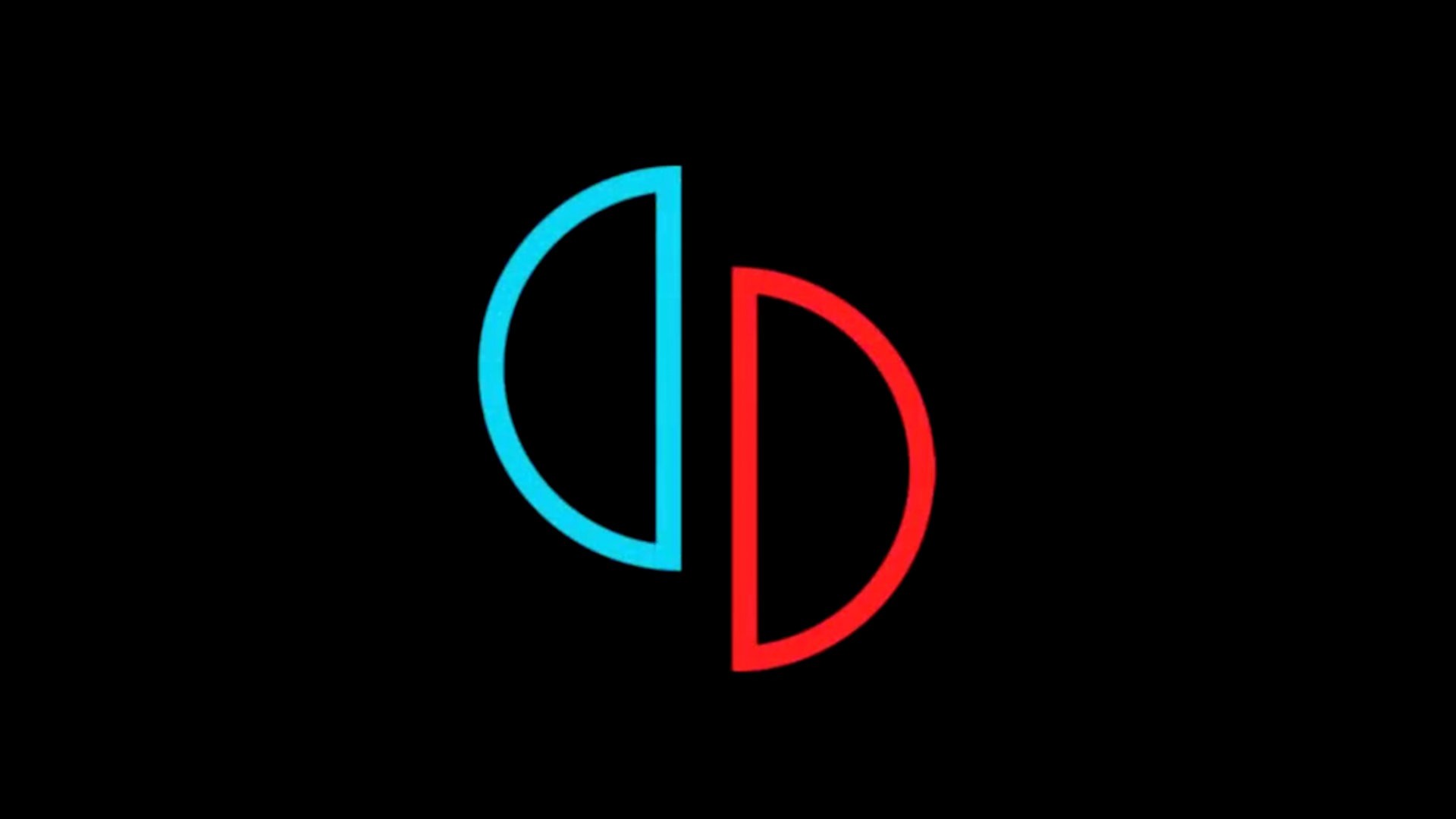
Summary:
Nintendo’s legal actions against the creators of the Yuzu emulator have escalated, resulting in the takedown of thousands of GitHub repositories. This article explores the timeline of events, legal basis for Nintendo’s actions, and the broader implications for the emulation community. Despite the setback, developers are considering alternatives to continue their projects amidst growing challenges in the realm of copyright enforcement.
Nintendo’s Lawsuit Against Yuzu Emulator Creators
Nintendo’s legal battle against the creators of the Yuzu emulator has garnered significant attention in the gaming community. The Yuzu emulator, designed to mimic the Nintendo Switch console, faced legal action earlier this year, leading to its removal from the internet. This article delves into the events surrounding Nintendo’s lawsuit and subsequent actions against the emulator’s developers.
Timeline of Events
Filing of Lawsuit and Initial Takedown
Earlier this year, Nintendo filed a lawsuit against the creators of the Yuzu emulator, citing copyright infringement and unauthorized use of its intellectual property. This legal action resulted in the removal of the emulator from various online platforms, including its official website and distribution channels.
Expansion to GitHub Repository Takedown
Following the initial victory in court, Nintendo intensified its efforts to combat the proliferation of the Yuzu emulator. Recently, the company targeted GitHub repositories containing code from the emulator, citing concerns about copyright infringement and circumvention of technological protection measures. As a result, thousands of repositories were taken down, significantly impacting the availability of the emulator’s source code.
Legal Basis
Nintendo’s lawsuit against the Yuzu emulator creators revolves around allegations of copyright infringement. The company asserts that the emulator’s developers unlawfully copied and distributed proprietary software and game titles, thereby violating Nintendo’s intellectual property rights.
Additionally, Nintendo claims that the Yuzu emulator enables users to bypass technological protection measures implemented in the Nintendo Switch console. By facilitating the unauthorized execution of Switch games on non-official hardware, the emulator allegedly undermines Nintendo’s efforts to safeguard its copyrighted content.
Implications
The takedown of the Yuzu emulator and associated GitHub repositories has significant ramifications for the emulation community. Many developers rely on open-source projects like Yuzu to explore and experiment with gaming technology. Nintendo’s aggressive stance could deter future innovation in this space and limit access to emulation tools for legitimate purposes, such as homebrew development and preservation of gaming history.
Challenges for Developers
The crackdown on Yuzu-related repositories poses challenges for developers involved in emulation projects. Legal uncertainties and the risk of litigation may discourage individuals and organizations from contributing to similar initiatives in the future. Moreover, the loss of access to essential code repositories hampers collaborative efforts and impedes progress in emulator development.
Alternatives
In response to Nintendo’s actions, developers affected by the takedown may explore legal avenues to challenge the allegations of copyright infringement. Engaging legal counsel and advocating for fair use or other exceptions to copyright law could potentially mitigate the risks associated with emulator development.
Future of Emulation Technology
Despite the setbacks faced by the emulation community, the future of emulation technology remains uncertain. Developers and enthusiasts are resilient, and they may adapt to new challenges by exploring alternative platforms or refining existing emulation solutions. Moreover, ongoing discussions surrounding copyright reform and digital preservation efforts could shape the trajectory of emulator development in the long term.
Conclusion
Nintendo’s aggressive stance against the Yuzu emulator and the subsequent takedown of GitHub repositories underscore the complexities of copyright enforcement in the digital age. While the company aims to protect its intellectual property rights, the repercussions of its actions extend beyond legal considerations. The emulation community must navigate a landscape fraught with legal uncertainties and technological barriers, yet their passion for innovation and preservation remains unwavering.
FAQs
- 1. What led to Nintendo’s lawsuit against the Yuzu emulator creators?
- Nintendo filed a lawsuit against the creators of the Yuzu emulator, alleging copyright infringement and unauthorized use of its intellectual property. The company aimed to protect its proprietary software and game titles from unauthorized distribution and emulation.
- 2. How did Nintendo justify the takedown of GitHub repositories related to the Yuzu emulator?
- Nintendo claimed that the GitHub repositories containing code from the Yuzu emulator facilitated copyright infringement and circumvention of technological protection measures. As a result, the company pursued legal action to remove the repositories and prevent further dissemination of infringing content.
- 3. What are the implications of Nintendo’s actions for the emulation community?
- Nintendo’s actions have significant ramifications for the emulation community, as they raise concerns about legal risks and the accessibility of emulation tools for legitimate purposes. Developers and enthusiasts may face challenges in pursuing emulation projects amidst heightened scrutiny and enforcement efforts.
- 4. Are there any legal alternatives for developers affected by the takedown?
- Developers impacted by the takedown of Yuzu-related repositories may explore legal avenues to challenge the allegations of copyright infringement. Engaging legal counsel and advocating for fair use or other exceptions to copyright law could potentially mitigate the risks associated with emulator development.
- 5. What does the future hold for emulation technology in light of Nintendo’s actions?
- Despite the setbacks faced by the emulation community, the future of emulation technology remains uncertain. Developers and enthusiasts may adapt to new challenges by exploring alternative platforms or refining existing emulation solutions. Ongoing discussions surrounding copyright reform and digital preservation efforts could shape the trajectory of emulator development in the long term.














